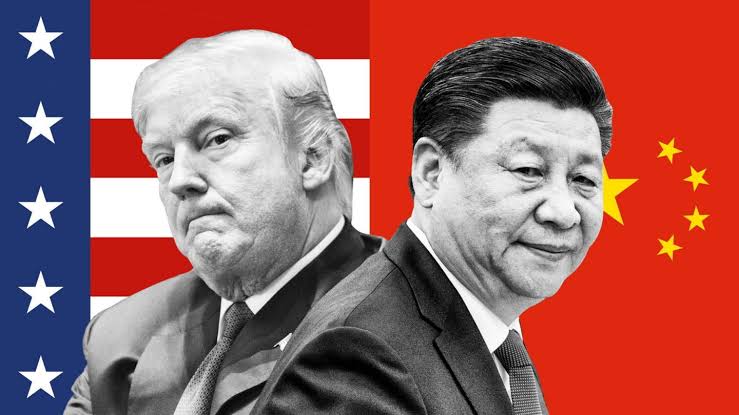The United States and China have reached a mutual agreement to significantly lower tariffs over the next 90 days, according to senior U.S. officials on Monday.
The announcement follows optimistic remarks from President Donald Trump over the weekend, indicating that trade negotiations with Beijing were progressing well.
“We’ve secured a 90-day pause,” said U.S. Treasury Secretary Scott Bessent. “During this period, both nations will reduce tariffs by 115%.” He emphasized that both countries are committed to achieving balanced trade relations.
China echoed this sentiment, describing the outcome of recent discussions as “substantial progress” in the ongoing trade negotiations.
**Why Were Tariffs Imposed?**
The trade tensions began when the Trump administration imposed tariffs on Chinese imports, leading to retaliatory measures from Beijing. These actions triggered widespread price increases on everyday goods across the U.S.
Following the announcement, the U.S. dollar—which had weakened since Trump’s second term began in January—saw a modest recovery against the euro and yen.
Despite repeated concerns from economists about the negative impact of tariffs on American consumers and businesses, Trump continued to escalate the trade war, affecting not only China but also key allies. The tariffs have reportedly cost the U.S. economy billions of dollars and led to significant volatility in stock markets.
In an effort to stabilize international trade relations, the Trump administration has recently turned to forging new deals, including one with the United Kingdom last week.

